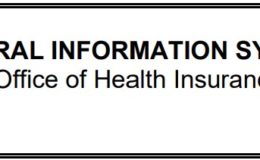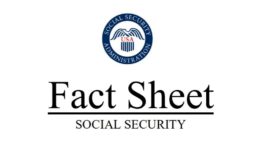My hospital stay was “Observation” status, so Medicare refused to pay for my Rehabilitative Care
CMS Issues Instructions Regarding the Medicare Outpatient Observation Notice (MOON)
By David R. Okrent, CPA, Esq. Lorem Ipsum Generator.
Some seniors think Medicare made a mistake while others are just stunned when they get a large bill after a hospital stay. This is because they were considered to be in observation care, which is considered by Medicare to be an outpatient service and not an admission.
Hospitals provide observation care for patients who are not well enough to go home but not sick enough to be admitted. This care requires a doctor’s order and is considered an outpatient service. The hospitalization can include short-term treatment and tests to help doctors decide whether the patient meets the medical criteria for admission. Generally Medicare have issued the so-called “two-midnight rule:” Patients whose doctors expect them to stay in the hospital through two midnights should be admitted.
Because observation care is provided on an outpatient basis, patients usually also have co-payments for doctors’ fees and each hospital service, and they have to pay whatever the hospital charges for any routine drugs the hospital provides that they take at home for chronic conditions such as diabetes or high cholesterol. In addition, Observation patients cannot receive Medicare coverage for follow-up care in a nursing home, even though their doctors recommend it. To be eligible for nursing home coverage, they must have first spent at least three consecutive days (or through three midnights) as an admitted patient, not counting the day of discharge.
Beginning no later than March 8, 2017, and as required by the Notice of Observation Treatment and Implication for Care Eligibility Act (NOTICE Act) hospitals and critical access hospitals (CAHs) are required to give patients both oral and written notice when they are outpatients and not admitted as inpatients. They must use the written notice developed by the Centers for Medicare & Medicaid Services (CMS), which is called the Medicare Outpatient Observation Notice (MOON). This notice requires the signature of the patient or the patient’s representative. There are three categories of representatives: Appointed representatives are designated by beneficiaries to act on their behalf; Authorized representatives, under State or other applicable law to make health care decisions on a beneficiary’s behalf; and A person whom the hospital or CAH has determined could reasonably represent the beneficiary, but who has not been named in any legally binding document. The hospital staff person who initiates contact with the family member or close friend must annotate the MOON and record the date, time, and method of contact (in person or by telephone). Even though the MOON must be given in person to the patient, a hospital can, after communicating orally all of the information to the representative, send a copy.
The moral of the story is ask your doctor what your status is and advocate for being admitted!





